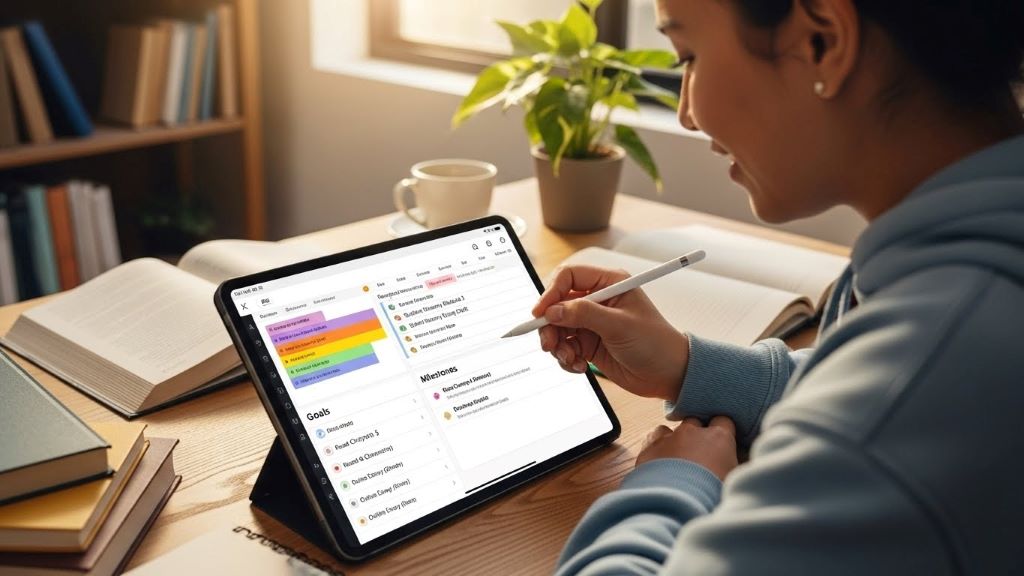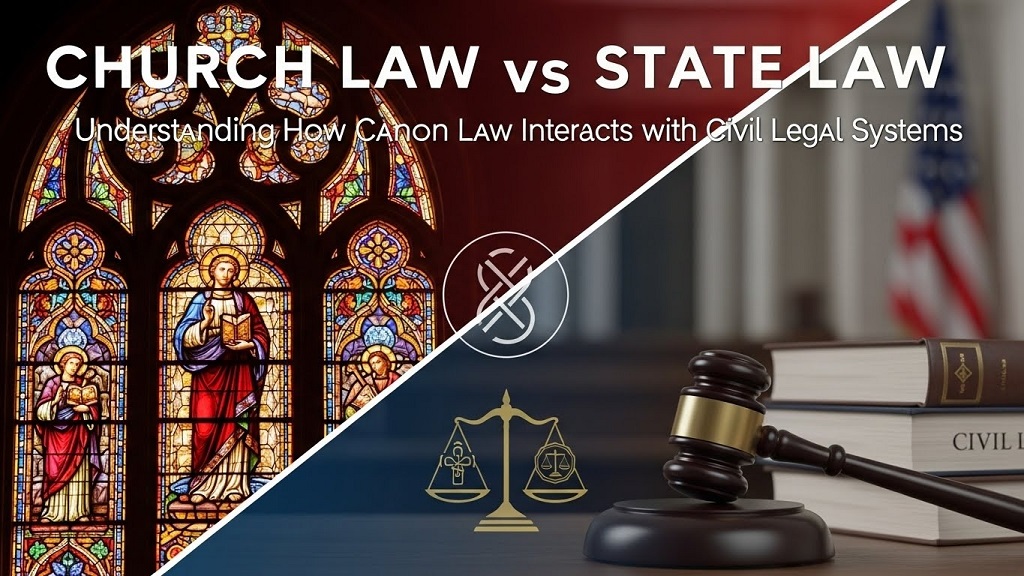Comprehensive reading skills are skills that help readers understand the meaning of printed words. Readers should use prior knowledge and experience, how words are used in the text and other information in printed words to help them recognize words and their meaning. Complete reading skills include decoding words, learning vocabulary and understanding what is read.
 Decoding
Decoding
Word decoding is a skill that shows children how to behave letters written to the sounds of the spoken language. Children notice sounds and rhythms in words and language before they start school. They learn the words for the objects that surround them and realize the words are made up of distinct sounds. They understand that printed words make sense and that books are read from front to back, from left to right, and from top to bottom.
In kindergarten, they learn to recognize and name all the letters of the alphabet, know the sounds they emit and read simple words that are often used. Teachers use the phonetic method to help children use patterns to identify words. Phonics programs teach children relationships letters and sounds of vowels and consonants. This helps children decode words, read quickly and understand the meaning of the text.
Comprehension
Understanding what is read is the key to enjoying reading. Students develop understanding skills by using clues to guess what happens next in a story and ask about the main idea, message or confusing areas in the story. Children understand what they read when they interact with the story, the action connect to their own experiences and develop empathy with the characters in the story.
Skills to increase understanding include finding out the main ideas and details that support them, recognizing cause and effect, drawing conclusions, and communicating the meaning of the story to others.
 Vocabulary
Vocabulary
Vocabulary is a set of words a person needs to know or learn to communicate. Children need to become familiar with a wide variety of words to read effectively.
Vocabulary skills include means of clues such as how a new word is used in a sentence to guess what it means and find the root word in a word. Dictionaries and glossaries are useful tools that teach children what new words mean.
Ease
The mastery is to learn how to decode and understand written words with precision and speed. As children learn to pronounce words, they should also be able to memorize and recognize the words that are often used. Practicing reading passages in silence or orally and following the text when someone else is reading helps students to pick up speed and better understand what they are reading.
Students improve their fluency skills by taking timed readings that emphasize speed rather than accuracy, practicing passages until they are read fluently and choosing their own reading material to read in silence for one A certain amount of time without interruption.
The most important think follow this article and maintain all the rules is the need for developing your Skill and Growth experience.







